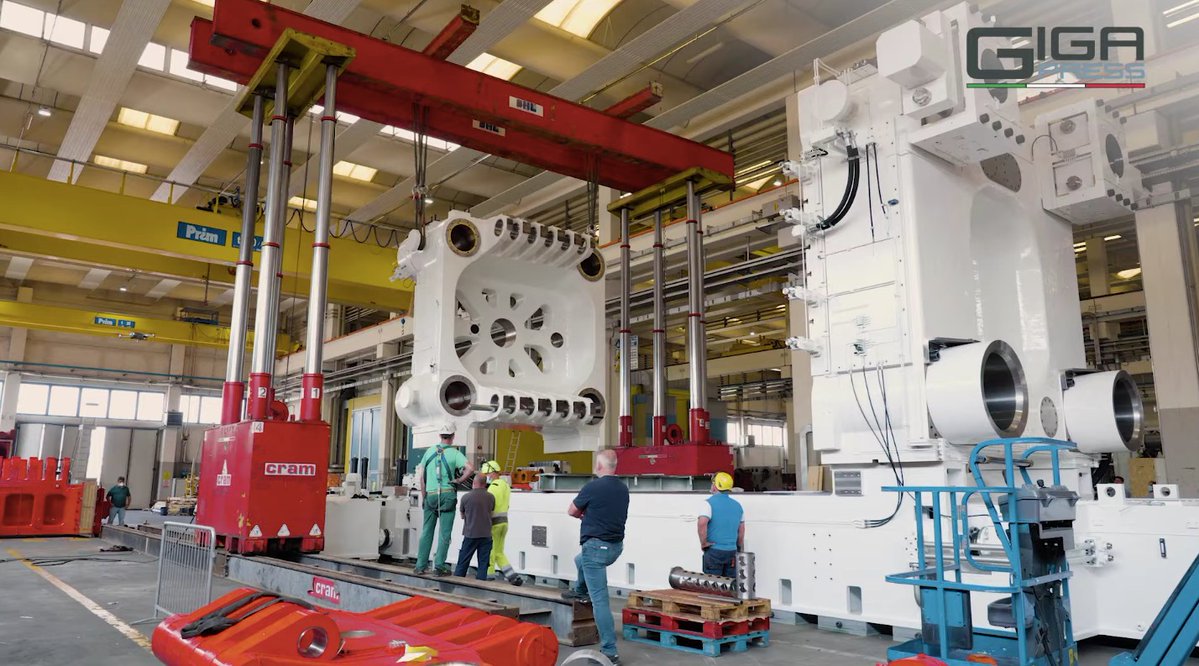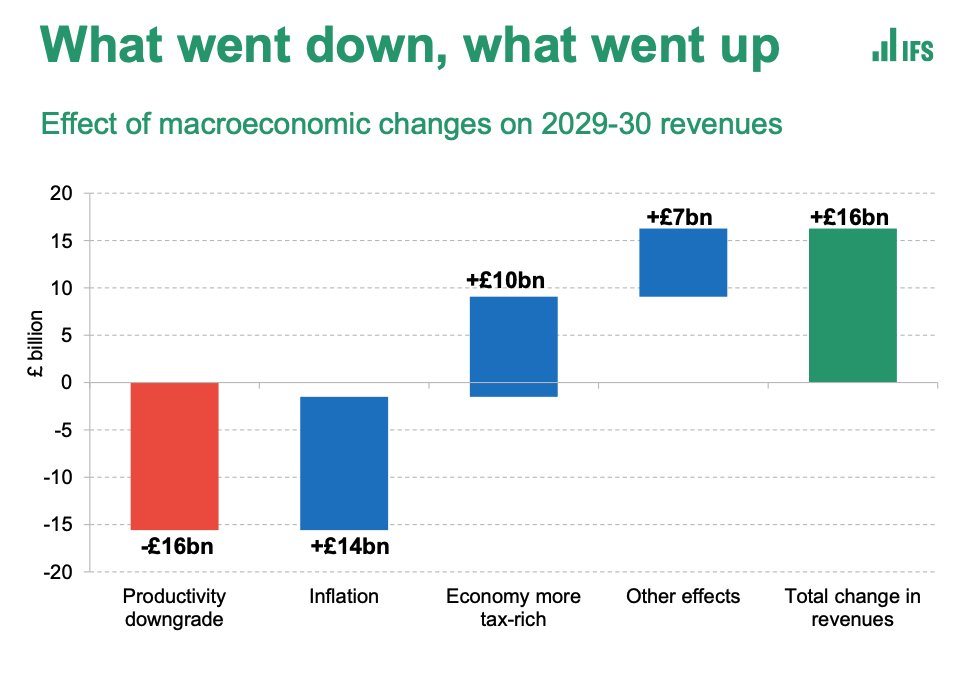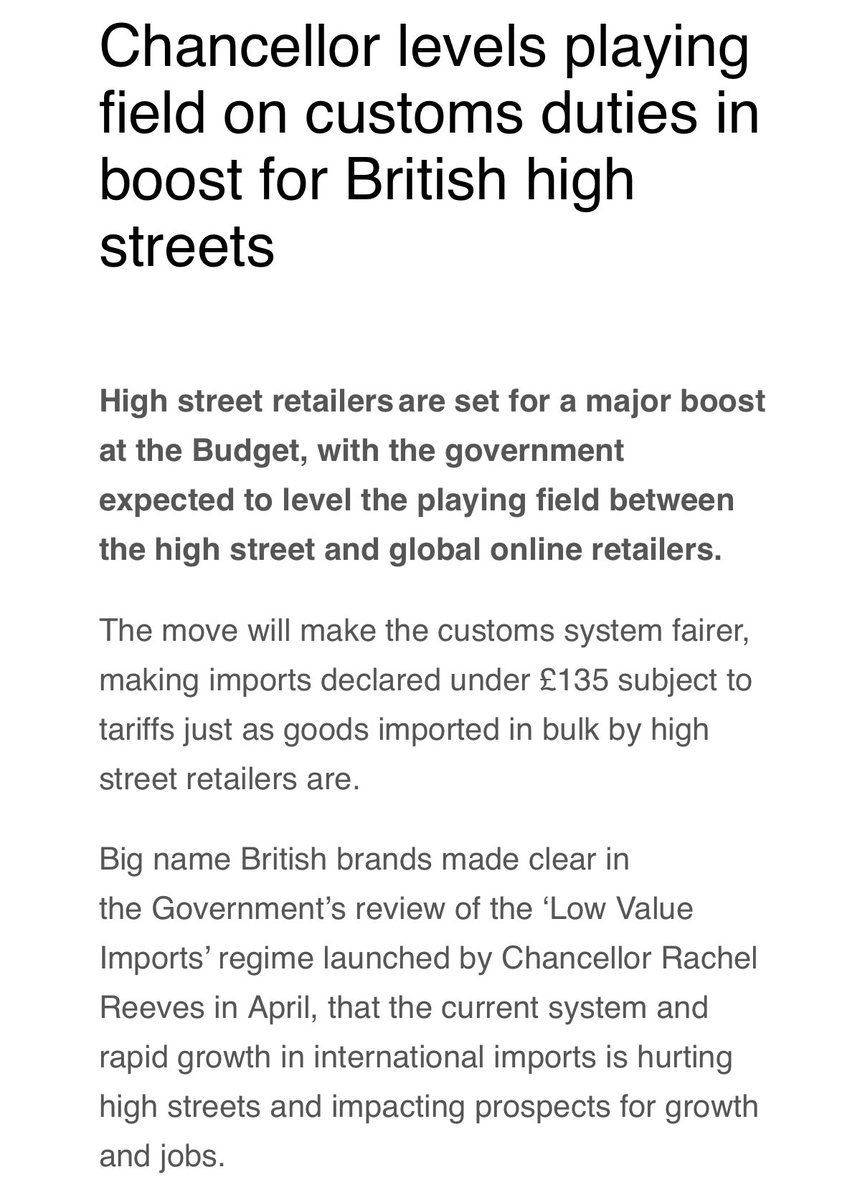Quick Covid data update. Cases heading higher, so too admissions. But the link between them is weaker than in previous waves.
In short, the coming months will be nerve-wracking.
Cases will get v v high. This will feel like a wave in that respect. But in other respects v different
In short, the coming months will be nerve-wracking.
Cases will get v v high. This will feel like a wave in that respect. But in other respects v different

Same data but on a log axis - now you can see that hospital admissions are now growing at almost the same rate as cases.
Roughly doubling every 11 days.
V unsettling. Especially given cases have further to rise. So what next?
Roughly doubling every 11 days.
V unsettling. Especially given cases have further to rise. So what next?

Here’s a simple extrapolation of cases and hospitalisations (second chart is same data with log axes).
Extrapolate current growth rates and you’re talking abt 100k cases by late July.
Hospital admissions up to 1000 by 19 July, possibly touching 2000 by end July.

Extrapolate current growth rates and you’re talking abt 100k cases by late July.
Hospital admissions up to 1000 by 19 July, possibly touching 2000 by end July.


The question is where and when that growth rate runs out of steam. It has to at some point, but no-one really knows where. Was struck by how wide the uncertainty bands in today’s SPI-M models were. No-one knows! But presumably opening up will mean an acceleration in cases 

Consider what happened when the Netherlands opened up nightclubs late last month. After that there was a MASSIVE increase in cases, to the extent that it had to reverse the reopening less than two weeks later. Will that happen in the UK too? 

Quite hard to be sure. On one hand, Delta variant has already established itself in UK (whereas it’s only now getting a foothold in much of Europe). Plus UK has higher vaccination levels than most other countries. And school holidays will help too (less classroom transmission)
However, because UK has prioritised vaccinating older, more vulnerable people, upshot is Covid could spread more freely among younger age groups than in other countries where vaccinations were distributed more evenly among age groups. Eg: high case growth, slower hospitalisations
Every other time cases were rising like this govt response was to put foot on brake. Now it’s putting its foot on the accelerator.
& even if you assume lower hospitalisations, still big questions abt other consequences, eg Long Covid.
But (big but) something important has shifted
& even if you assume lower hospitalisations, still big questions abt other consequences, eg Long Covid.
But (big but) something important has shifted
Even after u account for the usual lag, the link between cases & deaths seems to have weakened considerably.
Thank goodness.
There are many consequences of Covid that shouldn’t be taken lightly. But fact that far fewer people are dying is some welcome good news.
Thank goodness.
There are many consequences of Covid that shouldn’t be taken lightly. But fact that far fewer people are dying is some welcome good news.

In coming weeks cases will mount further.
So will hospitalisations & deaths.
There will be lots of shouting (esp here on Twitter).
But this is a nuanced situation.
We at @skynews will try to help you navigate this.
Because we take data seriously skygroup.sky/skynews
So will hospitalisations & deaths.
There will be lots of shouting (esp here on Twitter).
But this is a nuanced situation.
We at @skynews will try to help you navigate this.
Because we take data seriously skygroup.sky/skynews
• • •
Missing some Tweet in this thread? You can try to
force a refresh














